On Tuesday, Biden announced a controversial move to significantly cut back on the ability for migrants to apply and be granted asylum when crossing the border illegally to come into the United States.
This move, which came in the context of pressure to secure the border ahead of the election, may actually hurt Biden in another, possibly even more critical way: a blow to the economy.
Biden Border Crackdown
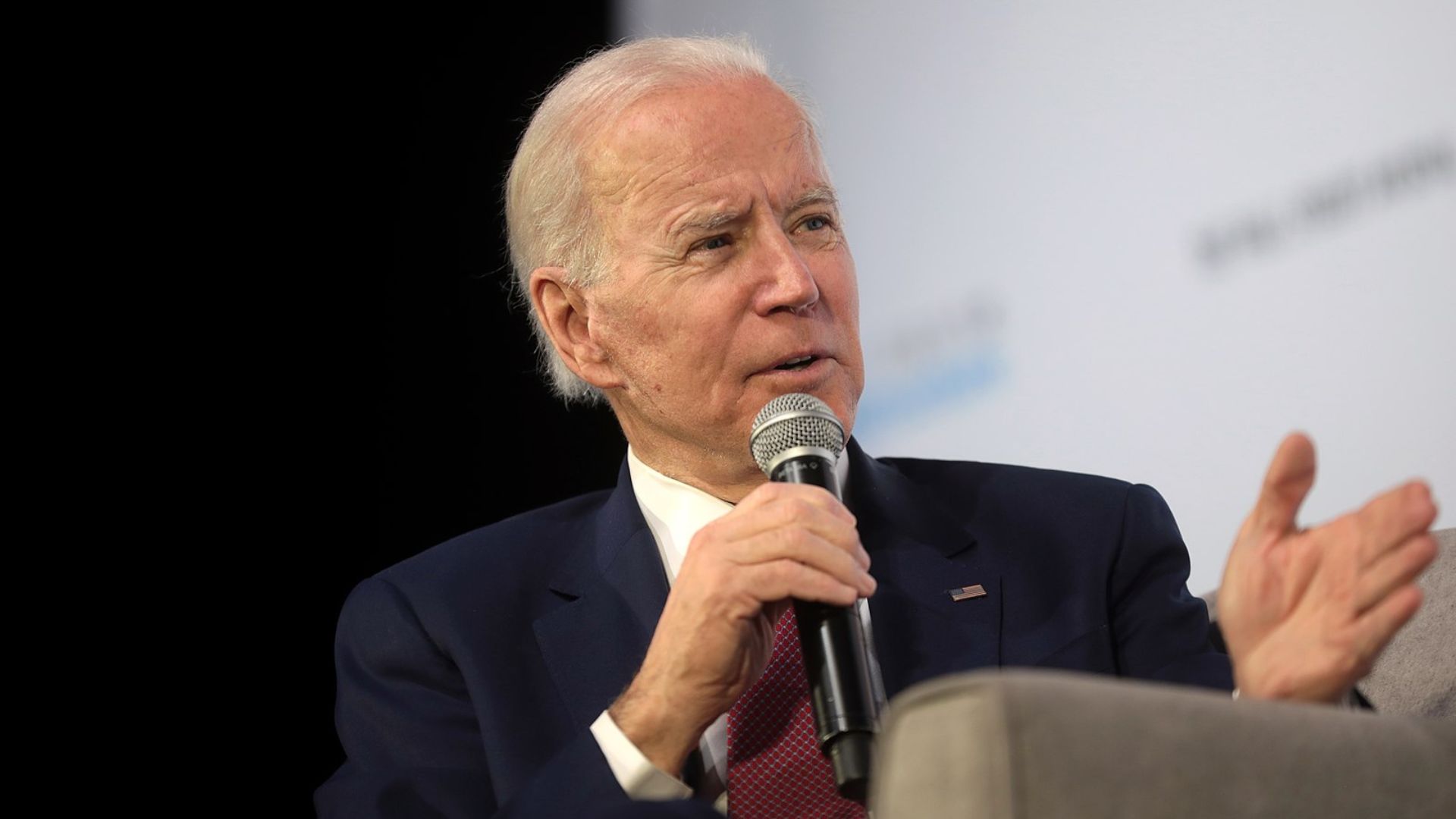
Joe Biden made an announcement of new actions this week he is implementing to try to secure the border amidst recent high months of border crossings.
“President Biden believes we must secure our border. That is why today, he announced executive actions to bar migrants who cross our Southern border unlawfully from receiving asylum. These actions will be in effect when high levels of encounters at the Southern Border exceed our ability to deliver timely consequences, as is the case today,” a White House press statement said.
Blaming Republicans
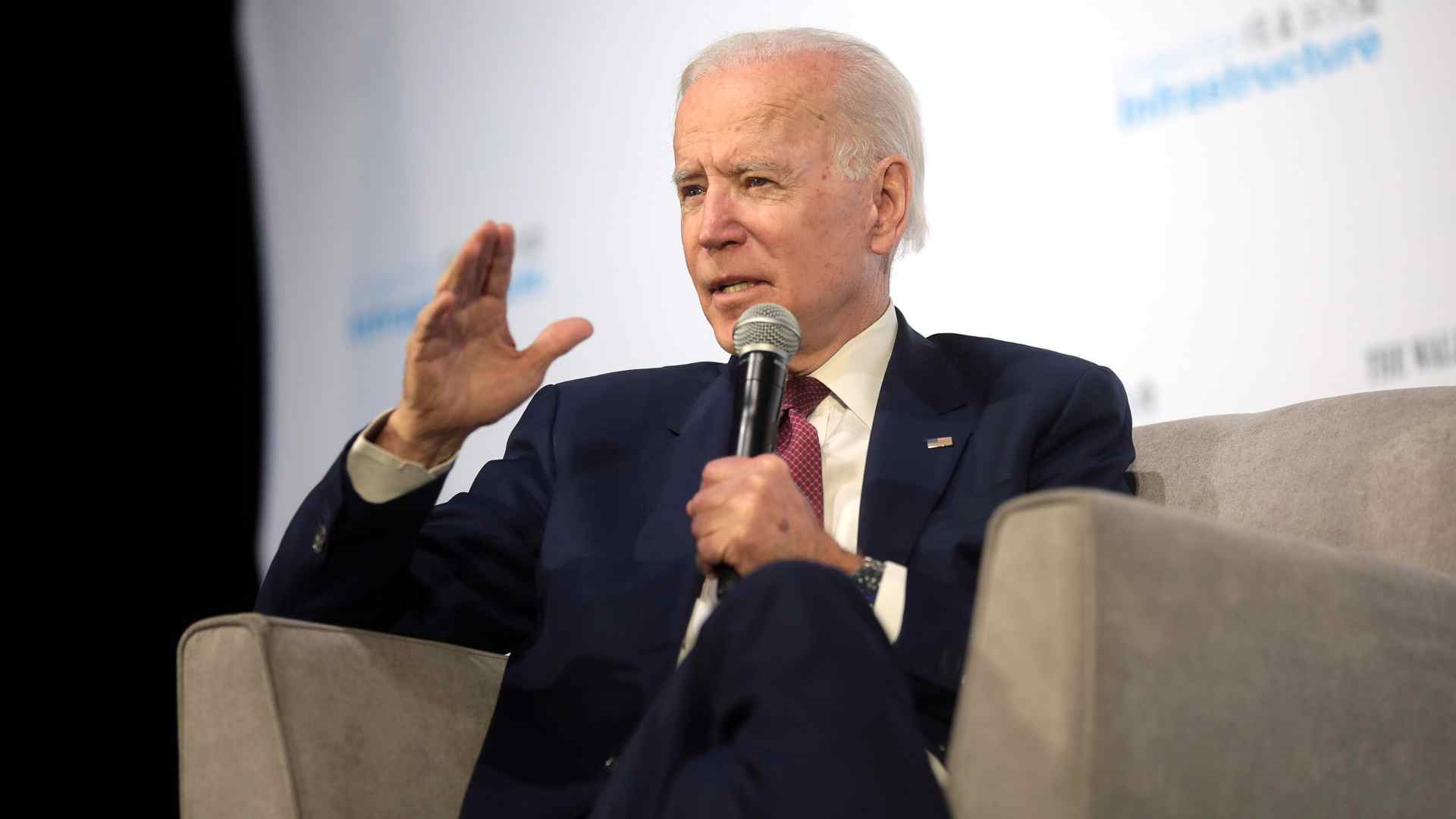
Biden feels he has been unfairly blamed for the surge in migrants, often called the “migrant crisis,” when Republicans have stopped border funding attempts in recent months.
“Biden taking action as Congressional Republicans put partisan politics ahead of national security, twice voting against toughest reforms in decades,” said the statement.
Criticism of the Move
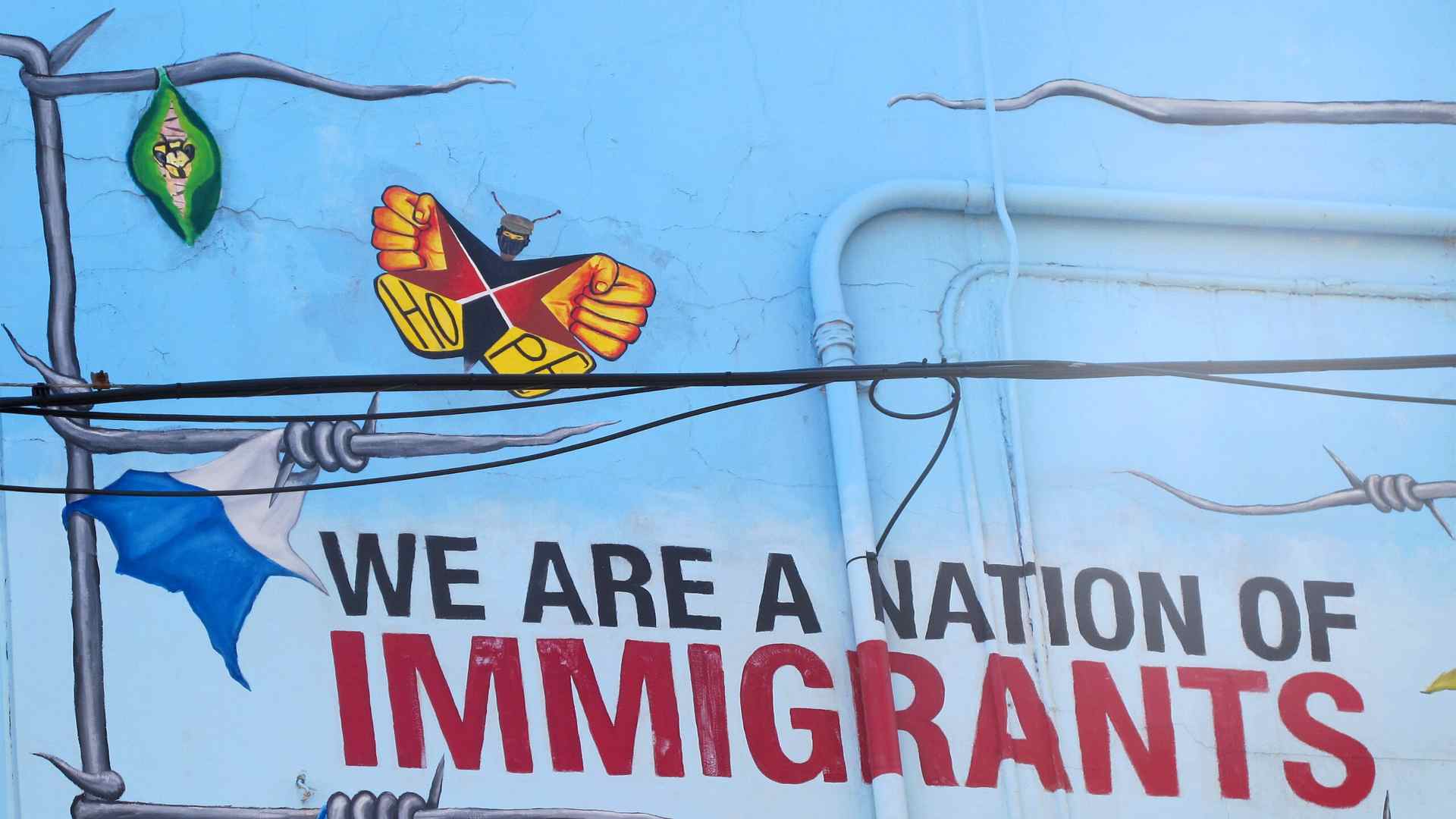
People on both sides of the political aisle have criticized this recent move from Biden. Immigrant advocacy groups feel betrayed by the latest action, feeling it is “Trump-like.”
Lee Gelernt, an attorney for the American Civil Liberties Union has talked about an intent to sue the administration over these new restrictions.
Conservative Criticism
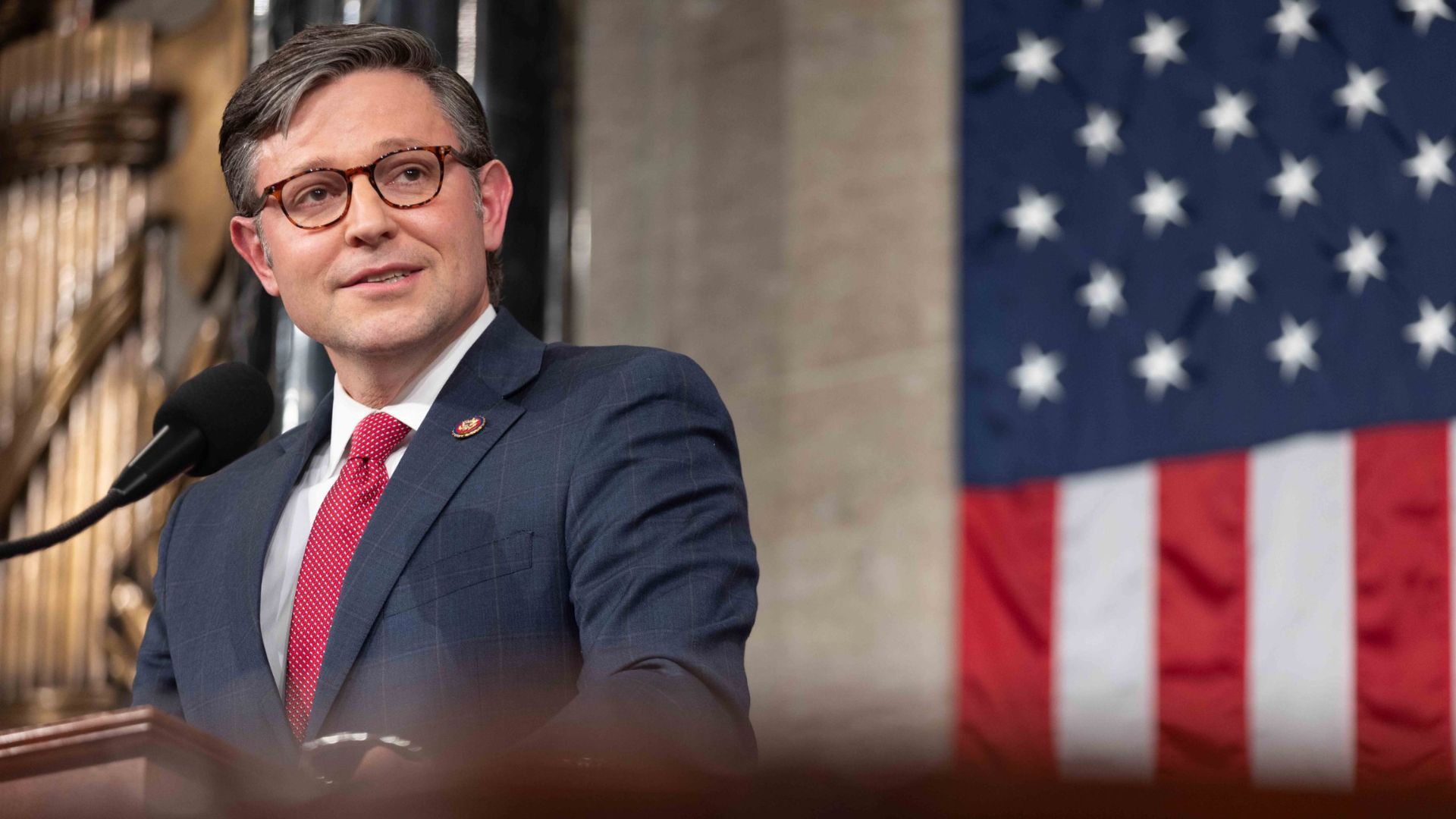
In addition to pushback from Biden’s own side, conservatives have also criticized Biden’s executive actions as still failing to fix the problem.
“It was 126 days ago today that Joe Biden said, ‘I’ve done all I can do,’” said Republican House Speaker Mike Johnson. Johnson criticized the executive order actions as “window dressing” and accused the Biden administration of “engineered the open border.”
Impact on the Economy
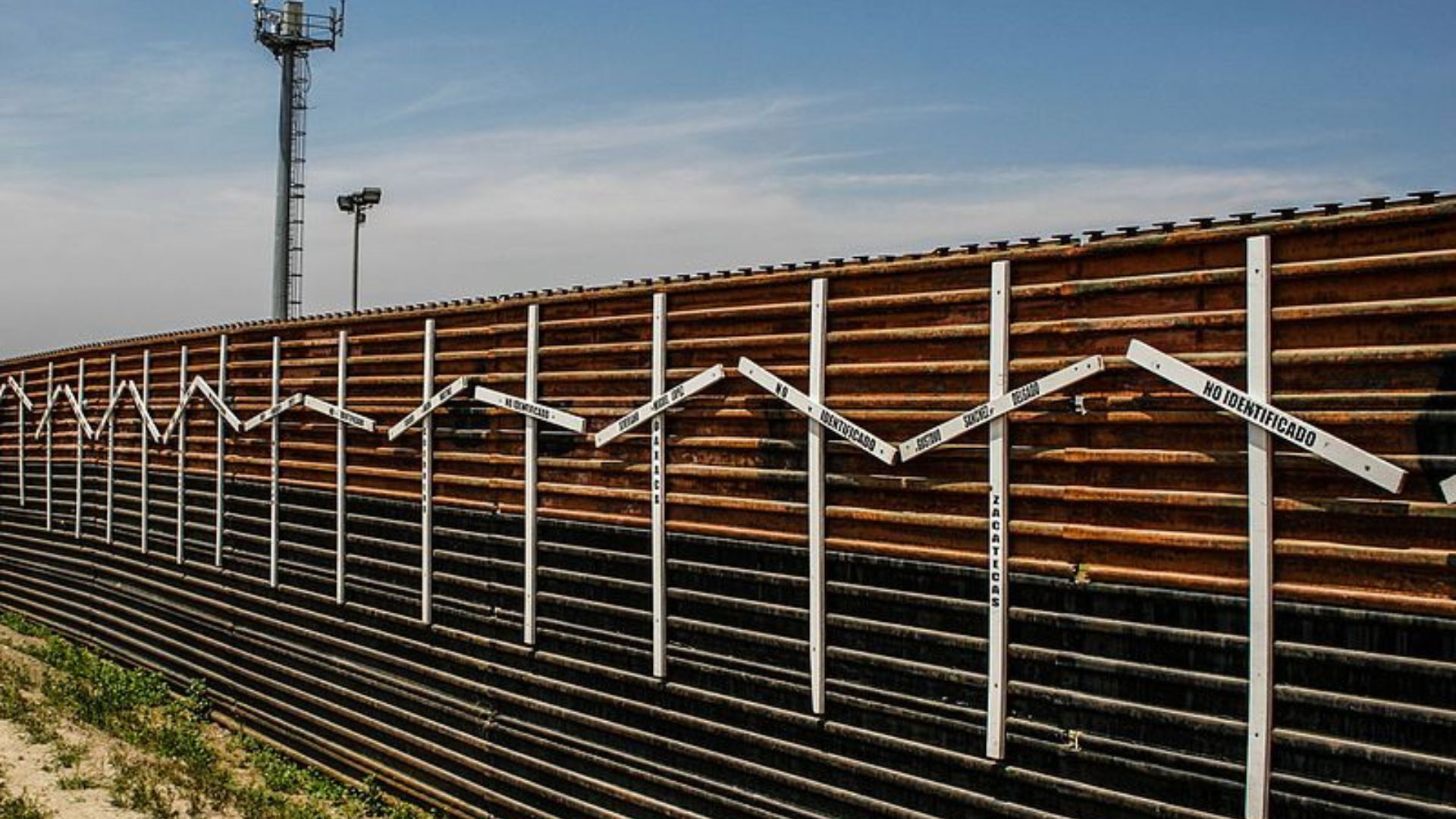
While Biden grapples with the political implications of an immigration-restrictive move, he may be exposing himself on another front that he is weak on with voters: the economy.
“If the executive order is successful in greatly reducing border crossings, then it would have a meaningful impact on the economy,” said Chloe East, a University of Colorado Denver economist.
Importance of Immigration Issue
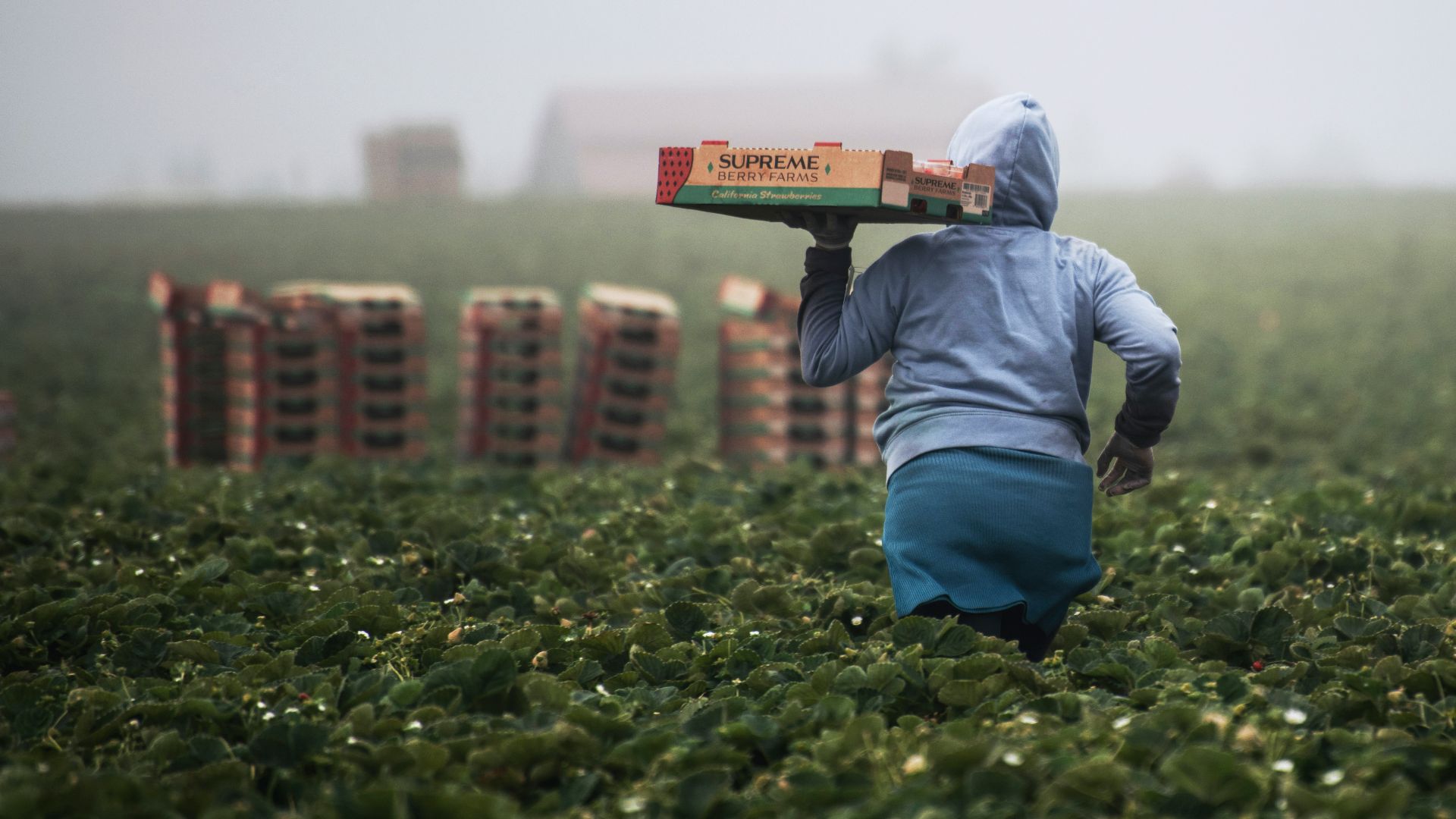
This choice has left Biden between a rock and a hard place; between the issue of immigration and the economy. It’s possible even if he can assuage voter worries about border security, he might just increase their dislike of him on economic matters.
An analysis of the farming sector by Standard Chartered found that almost half of job growth since October came from immigrant groups. This industry would surely suffer if the spigot of cheap labor was suddenly cut off.
Voters on the Economy
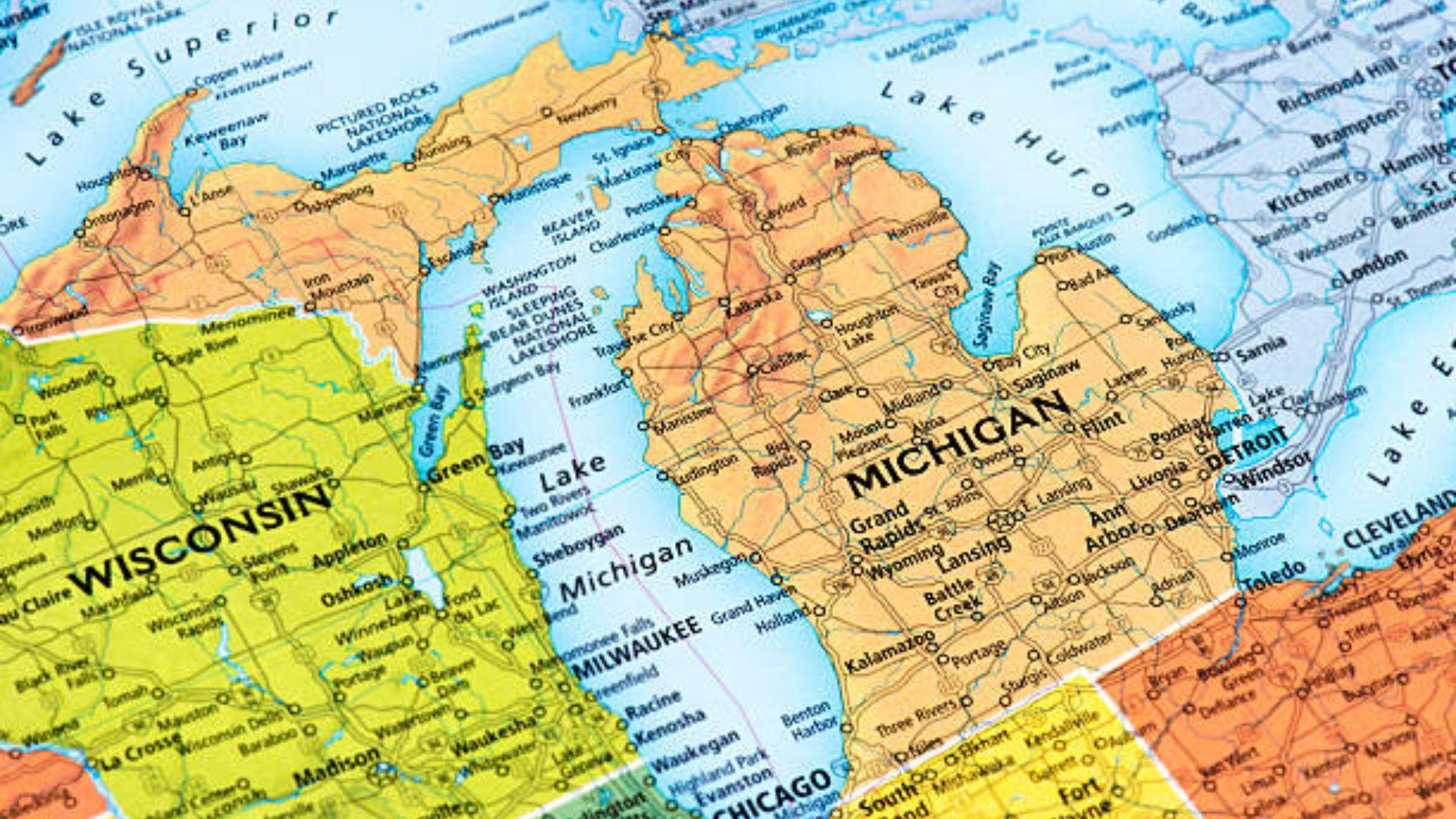
In April, voters surveyed in battleground states said that the economy ranks as a top issue before the presidential election.
In Michigan, 80% of voters said the economy is their top issue, a number that was shared in both Pennslyvania and Washington.
Perception is Reality
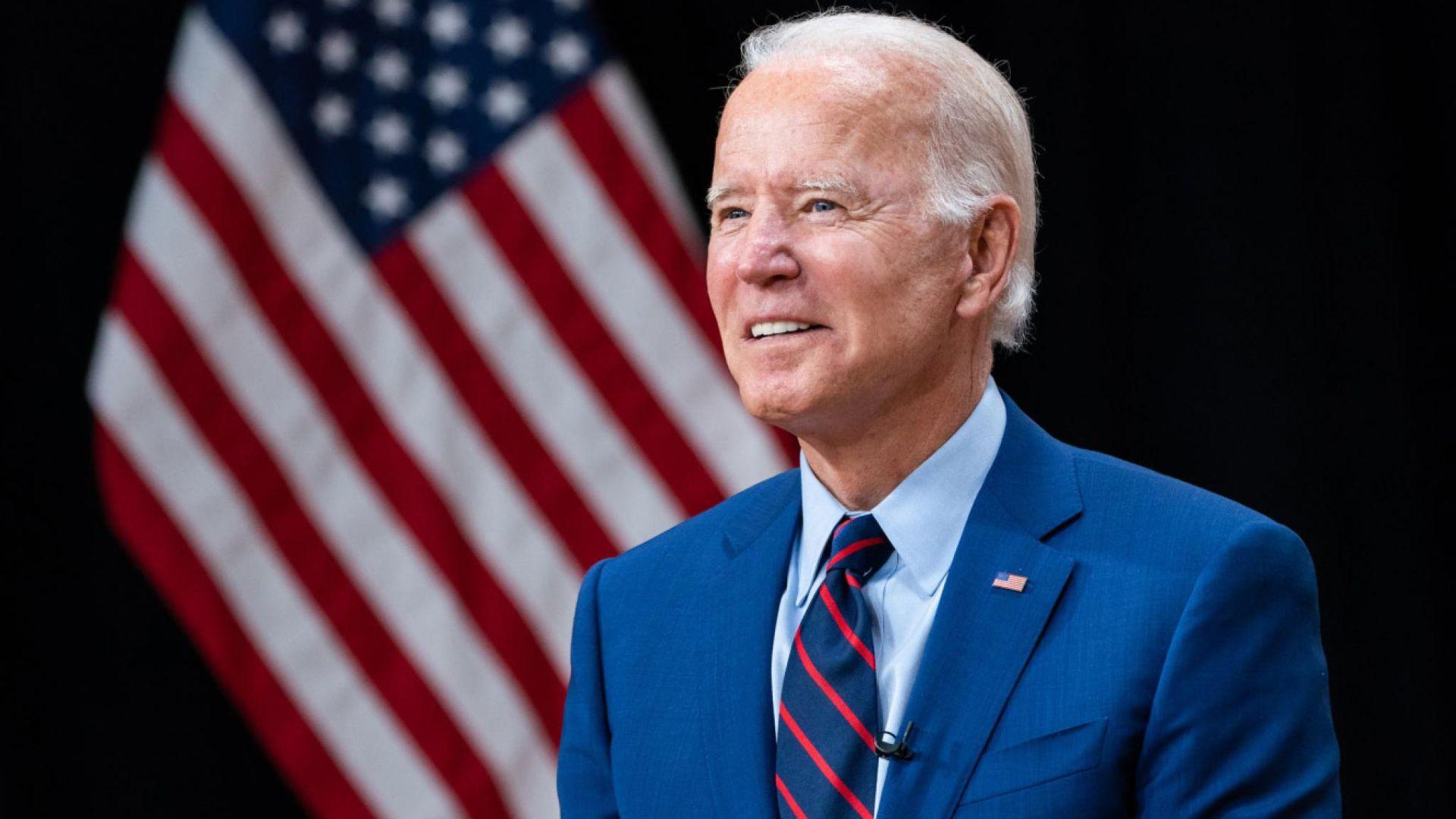
The battle to win over voter perception is important for Biden, who needs to shake people’s negative feelings after recent years of high inflation.
“It’s so evident that the economy remains a central issue, but how people interpret the economy, the issues they want addressed to deal with their own economic situation — that’s a complicated questions with complicated answers,” said CBS News chief election and campaign correspondent Robert Costa in April.
Boosting Economic Output

While the surge in migrant crossings has created a strain on many city’s budgets as they deal with the influx of new people, it’s also true that immigration helps increase economic output.
This year, the Congressional Budget Office (CBO) said that the recent surge of immigration starting in 2022 is projected to add $7 trillion to the United States’ gross domestic product (GDP) in the next decade.
Inflation Too

While the CBO projected positive economic growth for the economy, it also predicted that immigration would be a major contributor to inflation.
Another issue to contend with is the low wage-earning potential of these migrants, which could have the effect of slowing wage growth for Americans. This might make people feel worse off financially if inflation rises and their wages don’t keep up, even if the overall economic output of the country is better.
Pleasing No One
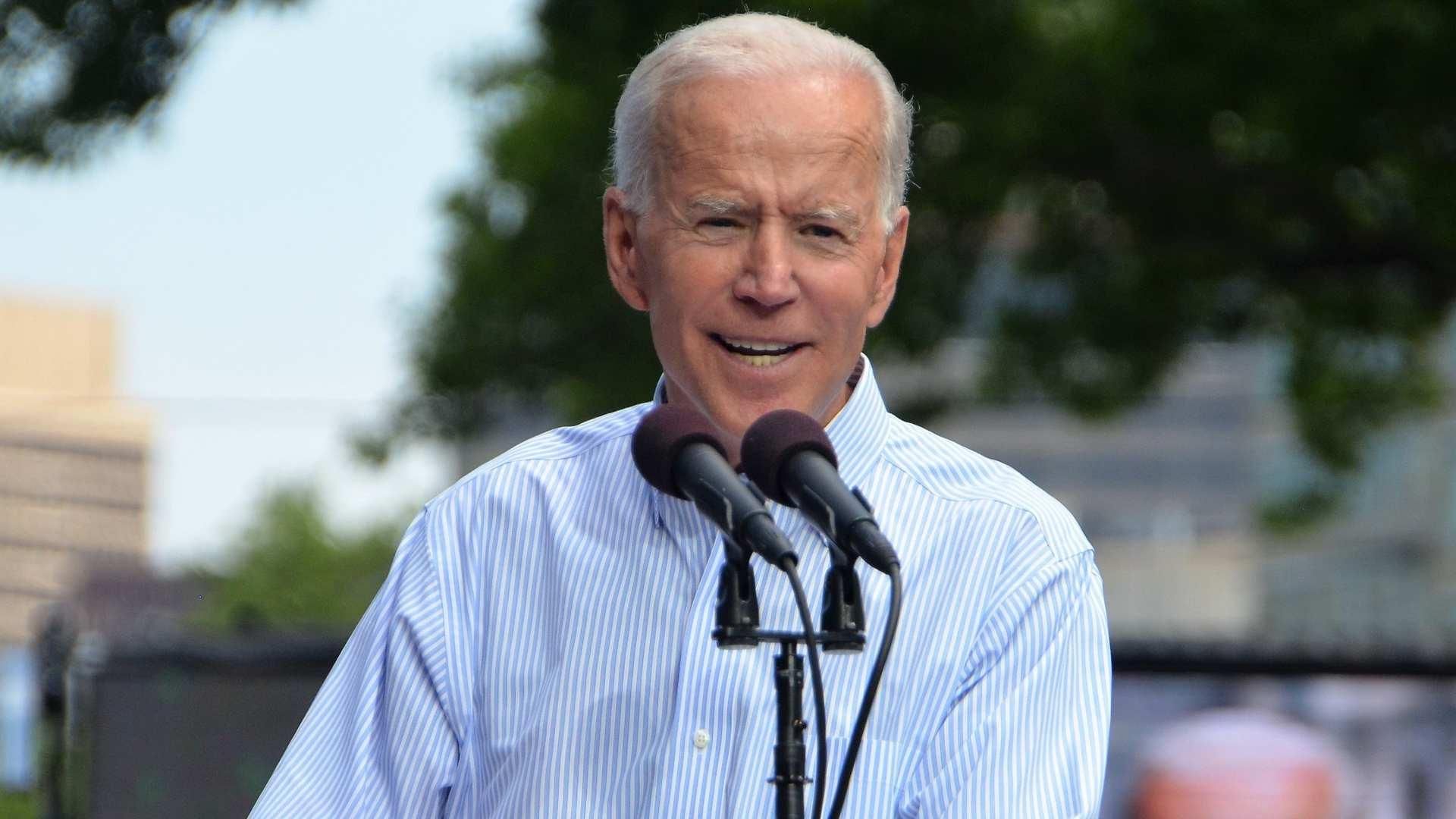
So far, Biden’s move doesn’t seem to be pleasing anyone. He’s receiving criticism from both sides and possibly opens himself up to hurting the economy ahead of the election. It remains to be seen what the ultimate outcome of the Biden crackdown will have on the workforce, and we may not see a change for months.
“The important thing to keep in mind is that the effects of the surge of immigration on the economy has come with a little bit of a lag, so whatever happens in the next month or four months isn’t going to have an immediate impact on any of the important economic data that we see over that time period,” said Wendy Edelberg, director of the Hamilton Project and a senior fellow in economic studies at the Brookings Institution.
